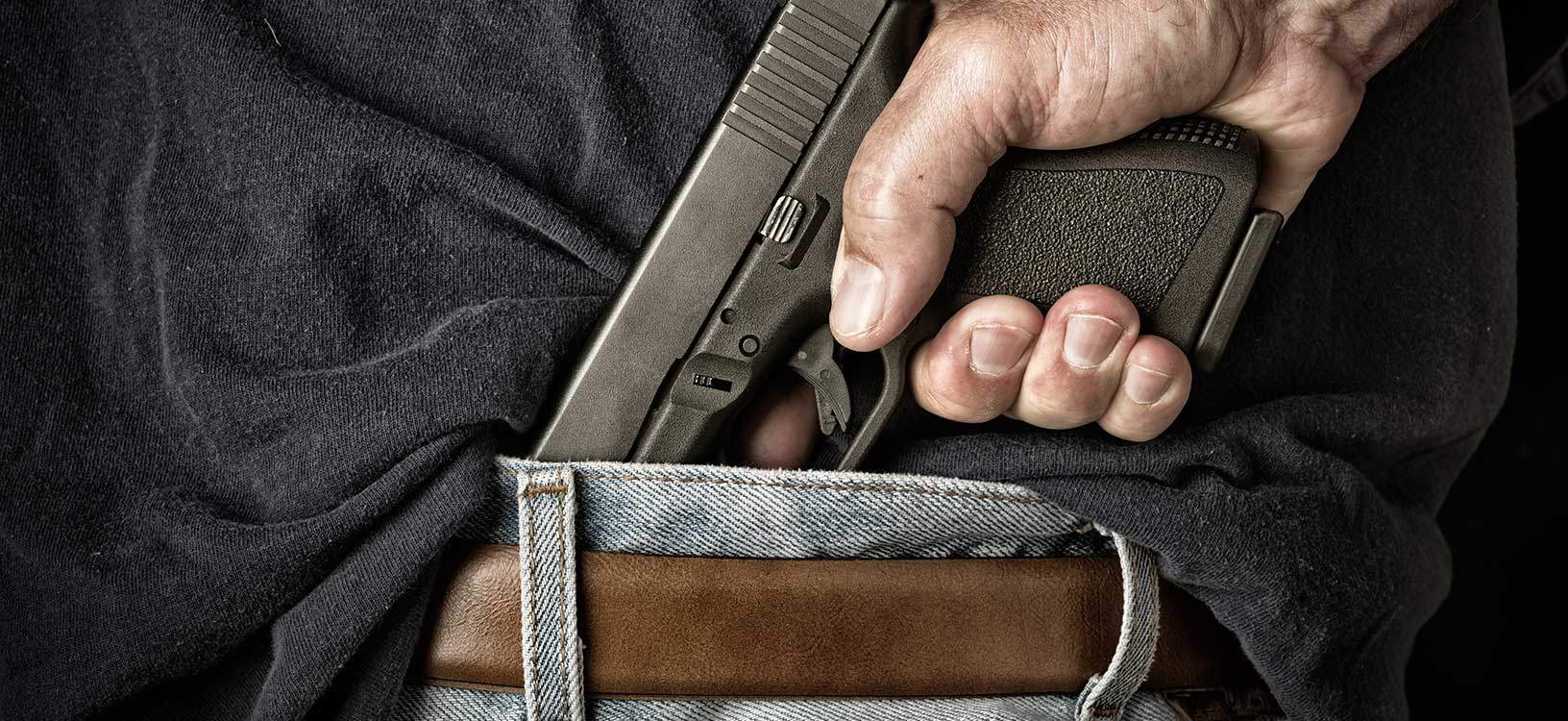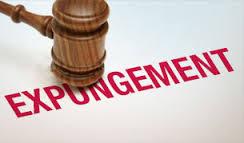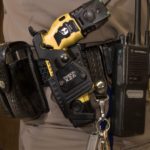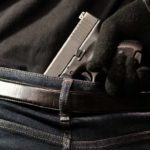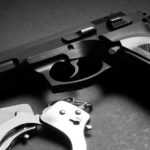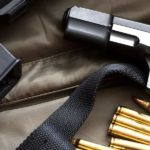Concealed Pistol Licenses and Michigan Law
New laws you should know about if you have a Concealed Pistol License

Michigan’s top criminal defense attorneys have obtained excellent results for clients charged with Concealed Weapon offenses.
The laws regarding issuing and revoking concealed weapons permits and concealed pistol licenses (CPL) have been changed. Under the current law, a person who files an application with a county clerk and satisfies specific criteria will receive a concealed weapon permit. The applicant must:
- be at least 21 years old
- be a citizen of or lawfully admitted into the United States
- be a legal resident of Michigan for not less than six (6) months
- have completed a pistol safety training course
- not be the subject of certain mental health-related orders
- not have any prior or pending felonies
- not have been dishonorably discharged from the military
- not have been convicted within eight (8) years of certain serious misdemeanors
- not have been convicted of other less serious misdemeanors within three (3) years
- not be charged with any misdemeanor
- have a valid driver’s license or state-issued ID
Lying on an application for a Concealed Pistol License is a felony punishable by imprisonment of up to 4 years.
Revocation or Suspension of a CPL (Concealed Pistol License)
If an individual with a valid CPL (concealed pistol license) is charged with certain crimes, their permit will be temporarily suspended if they are charged with certain enumerated misdemeanors and felonies. A conviction for certain offenses will result in either revocation of a CPL that can be permanent or last three (3) or eight (8) years, depending on the offense. A felony conviction results in a permanent revocation.
Common Offenses Resulting in an 8-Year Concealed Pistol License (CPL) Restriction
If convicted of certain offenses, you face an 8-year concealed pistol license restriction or revocation. Don’t forget that a charge is not the same as a conviction. If you face any of the following charges, an experienced, savvy criminal defense lawyer will likely be able to get your charges reduced or changed to eliminate the need for any interference with your CPL.
- Failing to stop when involved in a personal injury accident, MCL 257.617a
- Operating while intoxicated, second offense, MCL 257.625, punishable as provided in subsection (9)(b)
- Drunk driving, commercial vehicle, MCL 257.625m punishable under subsection (4) of that section
- Reckless driving, MCL 257.626
- Driving while license suspended or revoked, MCL 257.904, punishable as a second or subsequent offense.
- Operating aircraft while under the influence of intoxicating liquor or a controlled substance with a prior conviction, MCL 259.185
- Hindering or obstructing certain persons performing official weights and measures duties, MCL 290.629
- Hindering, obstructing, assaulting, or committing bodily injury upon director or authorized representative, MCL 290.650
- Operating ORV under the influence of intoxicating liquor or a controlled substance, second or subsequent offense, MCL 324.81134, punishable under subsection (5) or (6) of that section
- Operating a snowmobile under the influence of intoxicating liquor or a controlled substance, MCL 324.82127, punishable as a second or subsequent offense under section 82128(1)(b) or (c) of the Natural Resources and Environmental Protection Act, 1994 PA 451, MCL 324.82128.
- Operating vessel under the influence of intoxicating liquor or a controlled substance, second or subsequent offense). MCL 324.80176 punishable under section 80177(1)(b)
- Knowingly or intentionally possessing a controlled substance, controlled substance analog, or prescription form, MCL 333.7403.
- Operating a locomotive under the influence of intoxicating liquor or a controlled substance, or while visibly impaired, MCL 462.353, punishable under subsection (4) of that section.
- Displaying sexually explicit matter to minors, MCL 722.677
- Assault or domestic assault, MCL 750.81
- Aggravated assault or aggravated domestic assault, MCL 750.81a
- Entering without breaking, MCL 750.115
- Fourth-degree child abuse, MCL 750.136b
- Accosting, enticing, or soliciting a child for immoral purposes, MCL 750.145a
- Vulnerable adult abuse, MCL 750.145n
- Solicitation to commit a felony, MCL 750.157b
- Impersonating peace officer or medical examiner, MCL 750.215
- Illegal sale of a firearm or ammunition, MCL 750.223
- Illegal sale of a self-defense spray, MCL 750.224d
- Sale or possession of a switchblade, MCL 750.226a
- Improper transportation of a loaded firearm, MCL 750.227c
- Failure to have a pistol inspected, MCL 750.228
- Accepting a pistol in pawn, MCL 750.229
- Failure to register the purchase of a firearm or a firearm component, MCL 750.232
- Improperly obtaining a pistol, making a false statement on an application to purchase a pistol, or using false Identification to purchase a pistol, MCL 750.232a
- Intentionally aiming a firearm without malice, MCL 750.233
- Intentionally discharging a firearm aimed without malice, MCL 750.234
- Possessing a firearm on prohibited premises, MCL 750.234d
- Brandishing a firearm in public, MCL 750.234e
- Possession of a firearm by an individual less than 18 years of age, MCL 750.234f
- Intentionally discharging a firearm aimed without malice causing injury, MCL 750.235
- Parent of a minor who possessed a firearm in a weapon-free school zone, MCL 750.235a
- Setting a spring gun or other device, MCL 750.236
- Possessing a firearm while under the influence of intoxicating liquor or a drug, MCL 750.237
- Weapon-free school zone violation, MCL 750.237a
- Indecent exposure, MCL 750.335a
- Stalking, MCL 750.411h
- Reckless, careless, or negligent use of a firearm resulting in injury or death, MCL 752.861
- Careless, reckless, or negligent use of a firearm resulting in property damage, MCL 752.862
- Reckless discharge of a firearm, MCL 752.863a
- Violation of a law of the United States, another state, or a local unit of government of this state or another state substantially corresponding to a violation described above.
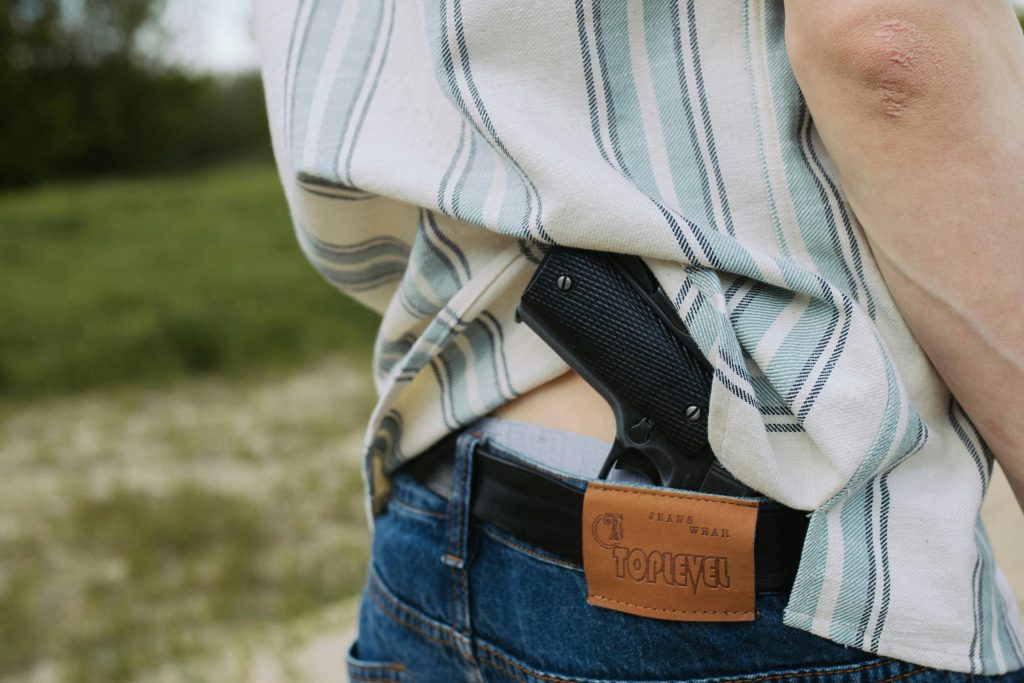
Common Offenses Resulting in a 3-Year Concealed Pistol License (CPL) Restriction
The following offenses result in a three-year ban on having a concealed pistol license (CPL).
- Operating under the influence, MCL 257.625
- Refusal of a commercial vehicle driver to submit to a chemical test, MCL 257.625a
- Negligently fails to comply, MCL 257.625k
- Circumventing an ignition interlocking device, MCL 257.625l
- Operating a commercial vehicle with alcohol content, MCL 257.625m, punishable under subsection (3) of that Section
- Operating aircraft under the influence, MCL 259.185
- Operating ORV under the influence, MCL 324.81134
- Operating ORV under the influence of a controlled substance, MCL 324.81135
- Operating a snowmobile under the influence, MCL 324.82127
- Controlled substances, MCL 333.7401 to 333.7461
- Operating a locomotive under the influence, MCL 462.353, is punishable under subsection (3).
- Disorderly person, MCL 750.167
- Embezzlement, MCL 750.174
- False pretenses, MCL 750.218
- Larceny, MCL 750.356
- Retail fraud, MCL 750.356d
- Larceny-vacant building, MCL 750.359
- Larceny by conversion, MCL 750.362
- Defrauding lessor, MCL 750.362a
- Malicious destruction of property, MCL 750.377a
- Malicious destruction of real property, MCL 750.380
- Failure to obey police direction, MCL 750.479a
- Receiving stolen property, MCL 750.535
- Malicious use of telephones, MCL 750.540e
- Violation of a law of the United States, another state, or a local unit of government of this state or another state substantially corresponding to a violation described above.
How can you regain your concealed weapons permit (CPL) or prevent revocation?
If you are charged with any of the above misdemeanors, your CPL will most likely be temporarily suspended; however, you do not necessarily have to lose it for an extended period or have it revoked. A conviction, not a charge, triggers a revocation. A highly experienced, successful criminal defense attorney gives you the best chance of avoiding a conviction for any of the offenses above or a felony. Even in cases where a person may be “guilty” of committing one of these offenses, a good, affordable attorney might be able to persuade the prosecutor to change the charge to an offense that does not result in a revocation of a concealed pistol license (CPL). A dismissal or acquittal will prevent revocation as well.

Delayed Sentences, Under Advisement, HYTA, 7411, 769.4a, or 771.1
There are statutes and court rules designed to help people avoid convictions in domestic violence cases, drug cases, cases with young adults, and other circumstances. A temporary suspension may occur when a charge is filed, even though a person may be eligible for consideration under one of these laws. If a conviction is not going to be entered because a court grants special consideration under one of these statutes or court rules, a concealed pistol license (CPL) may not be revoked. These issues are complicated, and an experienced defense lawyer would have to look closely at your particular circumstances.
CPL and Expungement
After an expungement, it is as if the conviction never occurred. Under Michigan law, upon entry of an order setting aside a conviction or following an automatic expungement, it is as if the person was not previously convicted. In other words, when asked whether they have a previous conviction, the answer is “no.” There are a few exceptions, including the following:
- the applicant is not entitled to a refund of fines and costs
- anyone with an expunged sex offense must still register under SORA
- setting aside a conviction does not relieve the applicant of their obligation to pay restitution
- an expunged conviction can still be used to enhance a sentence under Michigan’s habitual offender statute
- an expunged conviction can still be considered relative to a licensing function of the judicial branch of state government
- consideration at sentencing for a subsequent felony conviction
- consideration by the Governor of Michigan relative to a request for pardon on another conviction
- consideration by a prosecutor or judge relative to charging, plea offers, and sentencing for a subsequent criminal charges
Carrying a Concealed, Lawfully Registered Pistol with an Expired Concealed Pistol License
If you possess a lawfully purchased, registered, concealed pistol, you face felony charges if your Concealed Pistol License (CPL) is expired. The lawyers with LEWIS & DICKSTEIN, P.L.L.C.’s Second Amendment Defense Team, know every trick in the book to persuade a prosecutor to dismiss or reduce criminal charges under these circumstances. Under these circumstances, do not trust your fate with a budget or general practice lawyer. You might find yourself with a conviction that was otherwise avoidable, resulting in a lifetime ban on obtaining a lawful CPL.
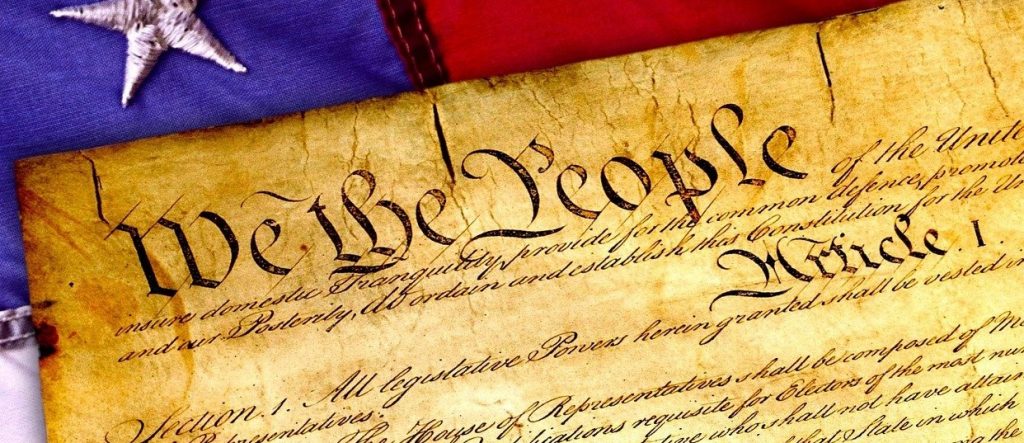
The Second Amendment and Concealed Pistol Licenses
The Second Amendment to the United States Constitution is one of America’s most fundamental and cherished rights. As an American patriot, the attorneys with LEWIS & DICKSTEIN, P.L.L.C. are proud to uphold and defend this Amendment that guarantees the right of the people to keep and bear arms.
The Second Amendment was added to the Constitution in 1791 when the newly formed United States of America was still recovering from the Revolutionary War. The Amendment protects the rights of individual citizens to own guns and defend themselves and their property from potential threats.
At the time, the American people recognized that an armed citizenry was necessary to defend against any attempts by the government to infringe upon their freedoms. They also recognized the importance of self-defense and the need for individual citizens to protect themselves and their families from harm.
Over the years, the Second Amendment has been reaffirmed by numerous court decisions. It has become a cornerstone of American culture and heritage, including the right to have a Concealed Pistol License. The right to bear arms is deeply ingrained in our national identity, and Americans are proud to exercise this right as a symbol of their freedom and independence.
As American patriots, we will always defend the Second Amendment and fight to protect the rights of our fellow citizens to keep and bear arms. It is an essential part of what makes our nation great, and I am proud to be a part of a country that recognizes the importance of individual liberties and freedoms.
Lawyers Defending CPL Holders and the Second Amendment
If you have a CPL or care about your 2nd Amendment rights, you need lawyers who are not afraid to stand up and fight for your rights. The attorneys with LEWIS & DICKSTEIN, P.L.L.C. will not just fight for you; we have the experience and expertise to give you the best chance of winning. If you want to resolve your case favorably or seek dismissal of all charges, we can help you. Call us for a free consultation. We will take the time to talk with you, answer your questions, and address your concerns.

Call us today at (248) 263-6800 for a free consultation or complete an online Request for Assistance Form. We will contact you promptly and find a way to help you.

